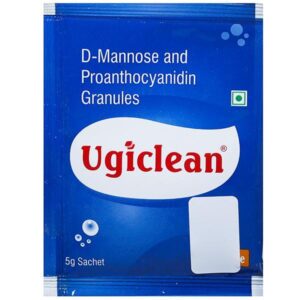PROANTHOCYANIDIN
PROANTHOCYANIDIN: Proanthocyanidins are a group of naturally occurring compounds found in a variety of plants, particularly in fruits, vegetables, and seeds. They are classified as flavonoids and belong to the larger family of polyphenols.
Proanthocyanidins are known for their antioxidant and anti-inflammatory properties. They have been used in traditional medicine for their potential health benefits, including improving cardiovascular health, reducing the risk of certain cancers, and promoting skin health.
The mechanism of action of proanthocyanidins is not fully understood. However, their antioxidant activity is believed to play a key role in protecting cells from damage caused by free radicals. They may also have anti-inflammatory effects by inhibiting the production of inflammatory substances in the body.
There is no specific recommended dose for proanthocyanidins as they are not available as a standalone prescription drug. Instead, they are typically obtained from dietary sources, such as fruits (grapes, berries) and seeds (grape seeds, cocoa beans). Proanthocyanidin supplements or extracts are available in various forms, including tablets, capsules, and powders, but their recommended dosage may vary depending on the specific product and purpose.
As for side effects, proanthocyanidins are generally considered safe when consumed from dietary sources. However, the safety and potential side effects of high-dose supplementation are not well established. Some individuals may experience gastrointestinal discomfort, such as upset stomach or diarrhea, when consuming large amounts of proanthocyanidins. It is important to follow the recommended dosage and consult with a healthcare professional before starting any new supplement regimen, especially if you have any underlying health conditions or are taking other medications.

